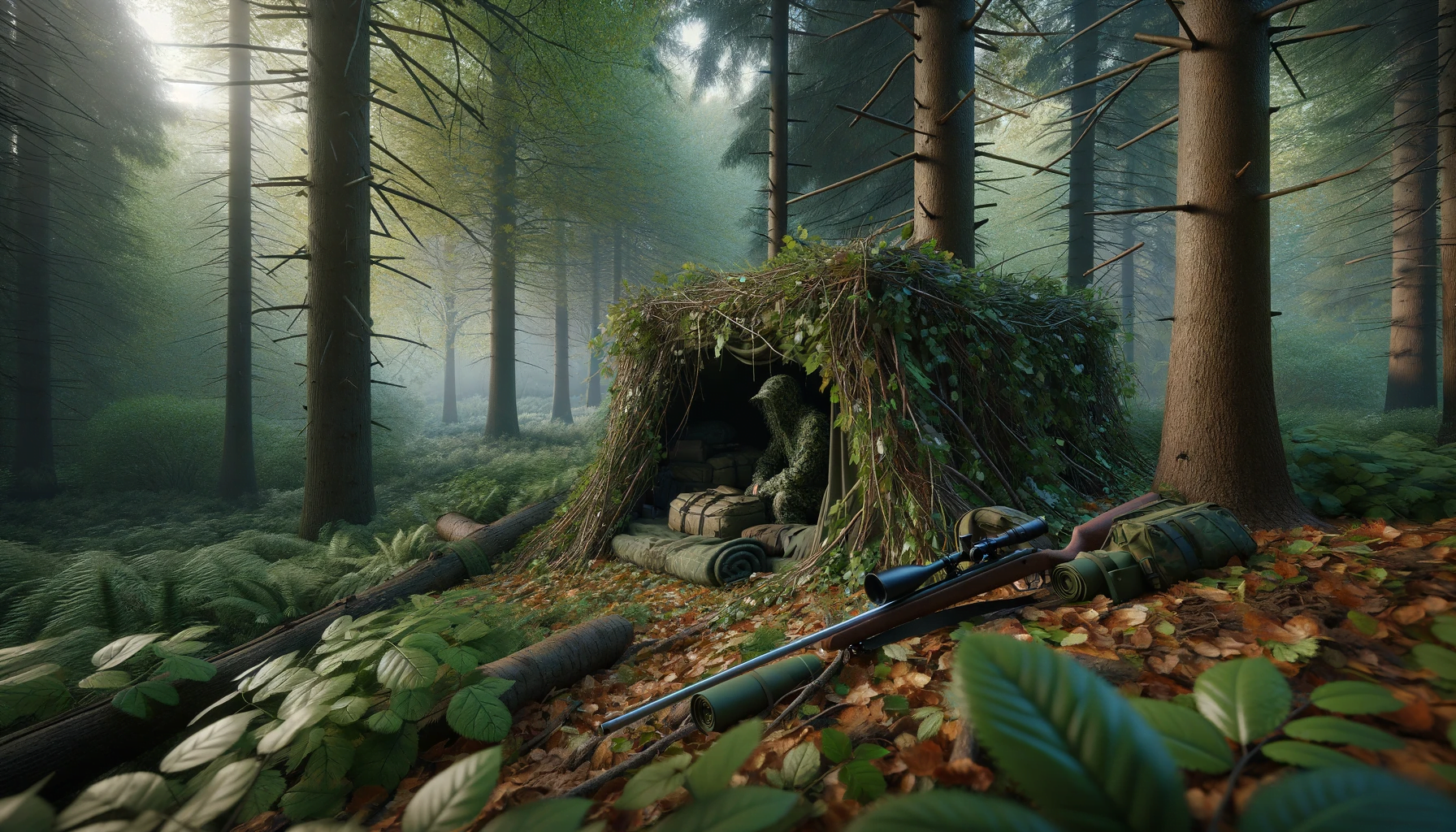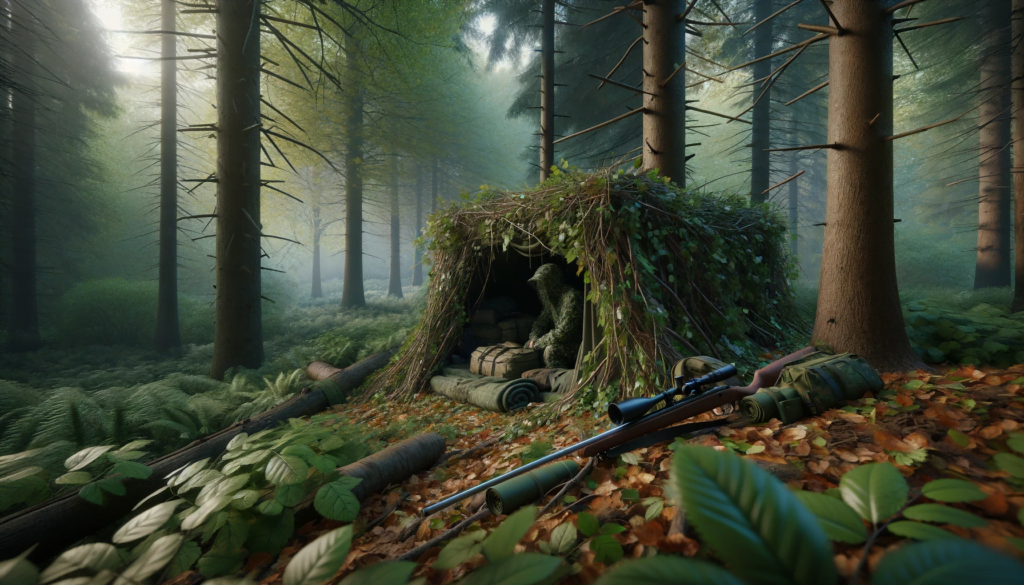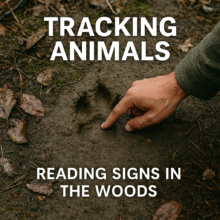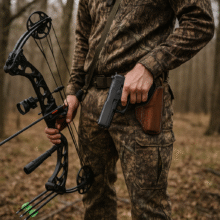The Hunter’s Guide: Avoiding Top Ground Blind Mistakes for Successful Hunts


Table of Contents
Introduction
Hello fellow hunters! Today, we’re diving into an essential topic: common ground blind mistakes and how to avoid them. Whether you’re a seasoned hunter or new to the game, mastering the art of using a ground blind is crucial for a successful hunt. In this comprehensive guide, we’ll explore these mistakes, why they can cost you the big game, and practical tips to sidestep them. So, let’s gear up and get ready to enhance your hunting skills!
Choosing the Wrong Blind Location
Understanding Terrain and Animal Patterns
Why Location Matters: Selecting the right spot for your ground blind is the cornerstone of a successful hunt. It’s all about blending in with the environment and being in the right place at the right time.
Tips for Perfect Location:
- Scout Ahead: Spend time understanding the terrain and animal movement patterns. Look for trails, feeding areas, and water sources.
- Elevation Advantage: Sometimes, a slightly elevated position can provide a better view without compromising your concealment.
Avoiding Common Location Errors
- Too Close or Too Far: Being too close can spook the game, while too far reduces your chances of an accurate shot.
- Ignoring Wind Direction: Always consider the wind direction. Your scent should not be carried towards the game.
Inadequate Blind Setup and Camouflage
Blending with the Environment
Importance of Camouflage: A ground blind that sticks out is a surefire way to alert animals. Your blind should be a natural part of the surroundings.
Tips for Effective Camouflage:
- Use Natural Materials: Incorporate branches, leaves, and other natural materials from the area around your blind.
- Consider Seasonal Changes: Adjust the camouflage as the environment changes with seasons.
Avoiding Setup Blunders
- Noise Discipline: Be mindful of noise when setting up. Avoid metal-on-metal sounds and talking loudly.
- Light Discipline: Be cautious of light reflecting off your blind or gear. This can catch an animal’s eye and spook them.
Neglecting Comfort and Patience
The Long Wait
Why Comfort Matters: Hunting often involves long periods of waiting. Discomfort can lead to restlessness, which can affect your alertness and stealth.
Tips for Comfort:
- Bring the Right Gear: Invest in a good chair, weather-appropriate clothing, and quiet snacks.
- Stretch and Stay Alert: Periodically stretch your muscles quietly to avoid cramps and stay alert.
Patience is Key
- Avoid Frequent Movement: Limit your movements inside the blind. Excessive movement can give away your position.
- Stay the Course: Animals have keen senses. Be patient and maintain your cover even when it seems like no game is around.
Overlooking Safety and Ethical Practices
Hunting Safely
Safety First: Your safety and that of others should always be a priority. Make sure you’re visible to other hunters while being concealed from the game.
Safety Tips:
- Inform Someone: Always let someone know where you will be hunting and when you expect to return.
- Carry a First Aid Kit: Accidents happen. Be prepared with a basic first aid kit.
Ethical Hunting Practices
- Respect Wildlife: Follow ethical hunting practices. This includes taking humane shots and respecting wildlife habitats.
- Leave No Trace: Maintain the natural beauty of the area. Pack out everything you brought in, including any trash.
Conclusion
Avoiding these common ground blind mistakes can significantly increase your chances of a successful hunt. Remember, hunting is not just about the harvest; it’s about connecting with nature, practicing patience, and honing your skills. So next time you set out, keep these tips in mind, and happy hunting!
Frequently Asked Questions
1. What’s the Best Time of Day to Use a Ground Blind?
Answer: The best times are typically during early morning and late afternoon. This is when game animals are most active. However, it can vary depending on the species you’re hunting and the specific behavior patterns of wildlife in your hunting area.
2. How Long Should I Wait in a Ground Blind?
Answer: Patience is key in hunting. It’s common to wait several hours, but there’s no strict rule. The duration often depends on the activity level of the game and your personal endurance. Some hunters spend an entire day, while others prefer shorter periods.
3. Can I Use the Same Ground Blind Location Multiple Times?
Answer: Yes, you can, but it’s essential to ensure that you’re not leaving any scent behind that might alert the animals. It’s also beneficial to change locations periodically to avoid creating patterns that wildlife might recognize.
4. How Do I Deal with Bugs and Insects in My Ground Blind?
Answer: Use insect repellent, but choose scent-free options to avoid alerting game. Additionally, consider netting or blinds with mesh windows to keep insects out.
5. Is it Necessary to Practice Shooting from a Ground Blind Before the Hunt?
Answer: Absolutely. Practicing helps you get used to the limited space and shooting angles. It’s crucial for ensuring accuracy and comfort when the moment of truth arrives during your hunt.







